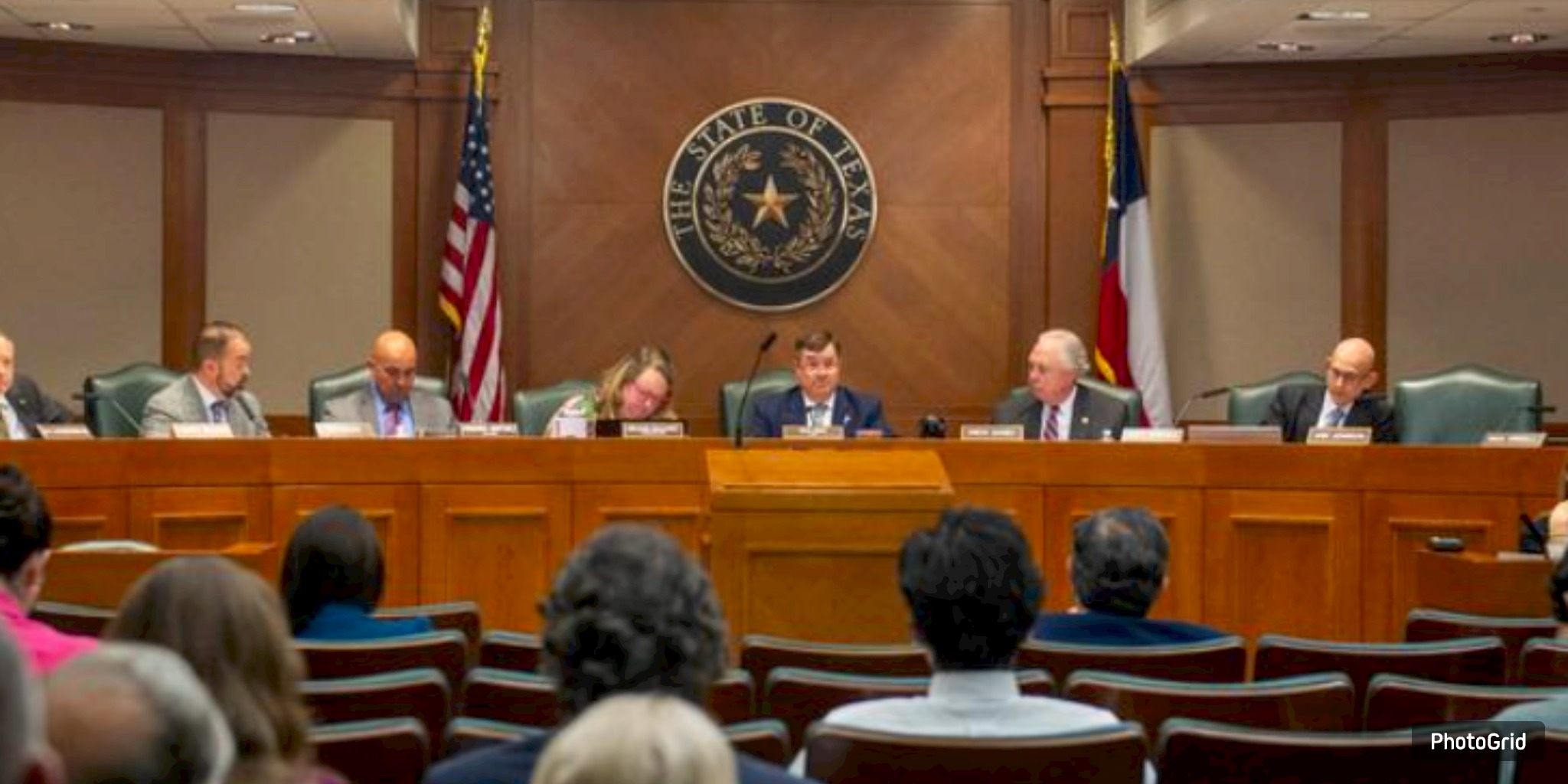
A Texas House committee gathered on Aug. 5, one month after the tragic flooding that impacted Kerrville and nearby regions during the July 4–5 holiday and resulted in the loss of at least 137 lives, to begin formulating the state's approach to natural disasters.
The hearing represented the initial concentrated legislative dialogue following the unprecedented flood, which revealed significant deficiencies in emergency communication, flood planning, and response mechanisms.
The House Disaster Preparedness and Flooding Committee has examined five proposed bills aimed at enhancing local readiness for upcoming disasters. Included in the discussions were steps to authorize local emergency managers, create a comprehensive statewide emergency communication strategy, and require flood response protocols for recreational campgrounds located near bodies of water.
One of the key proposals is House Bill 1, written by Committee Chair Rep. Ken King, R-Canadian, which mandates that cities and counties employ licensed emergency management coordinators.
During a recent testimony, Texas Division of Emergency Management Chief Nim Kidd disclosed that the state currently lacks minimum qualifications for these positions. The legislation would require justices of the peace to undergo specialized training focused on managing mass casualty situations, which includes protocols for identifying bodies and handling cases of missing persons.
“Individuals throughout Texas are enduring hardships,” King stated. “It is our responsibility to guarantee that local officials are ready when calamity occurs.”
King has also introduced House Bill 2, which aims to establish a state interoperability council to enhance communication among first responders. King stated that in previous disasters, it has taken as long as 36 hours for emergency teams to establish effective communication due to the varying radio systems. HB 2 aims to provide grant funding for enhanced equipment and centralized coordination efforts.
Two of the three Democratic committee members attended the hearing, despite heightened political tensions and the absence of several House Democrats who aimed to delay a redistricting vote. Rep. Joe Moody, D-El Paso, emphasized the need for prompt executive action alongside legislative approaches.
“Should it require legislation, we will ensure it is passed,” Moody stated. “However, if it fails to happen, it must be addressed immediately.”
During the hearing on August 5, no votes were cast. However, King indicated that the committee would continue to promote legislation and engage in additional discussions focused on enhancing flood preparedness across Texas.
















From breaking news to thought-provoking opinion pieces, our newsletter keeps you informed and engaged with what matters most. Subscribe today and join our community of readers staying ahead of the curve.